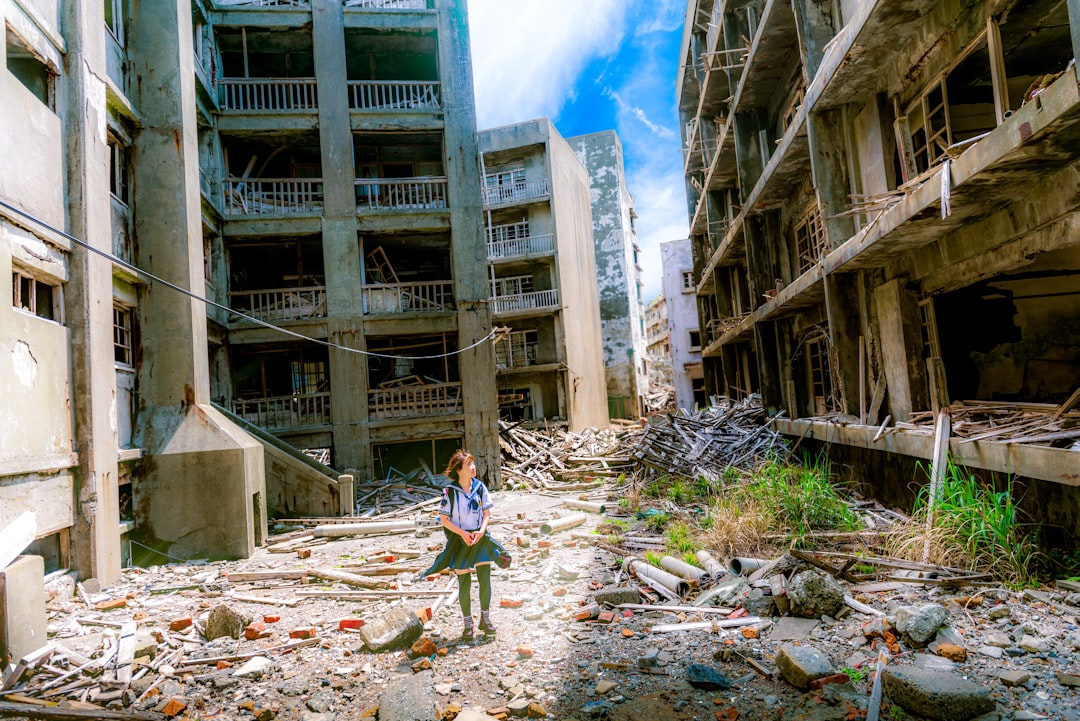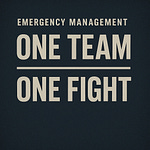
Today, we are at a pivotal moment in history. As the world watches with bated breath, nations grapple with crises that test the very core of their resilience and determination. The war in Ukraine has become a stalemate without an off-ramp, and the new conflict in Israel looks as if it may become long and drawn out. We look at the countless other situations many African nations have been in sustained armed conflict. We cannot forget the drug wars between the cartels and the government in Mexico. These conflicts serve as somber reminders of the unpredictable nature of our times.
The unexpected assault on Israeli soil has thrown the region into turmoil, leading to immense loss and heartbreak. These devastating incidents raise the age-old question: How can we manage crises effectively as global citizens and leaders? How do we ensure the safety and well-being of the innocent people?
Crises have always been a part of the human experience, whether from natural disasters, human conflict, or the evolving threats of the 21st century. In each situation, the world looks towards those in leadership positions, seeking guidance, reassurance, and solutions.
In public leadership, the weight of responsibility is vast. To lead is to command, empathize, strategize, and communicate clearly. It is to anticipate potential pitfalls, act with decisive purpose, and continuously adapt. It is important to remember that in every decision made, lives hang in the balance.
When discussing the war in Ukraine or the new conflict involving Israel and Hamas, we must recognize the intricate web of geopolitics, societal tension, and historical context. These crises did not occur in a vacuum. They emerged from longstanding issues, heightened tensions, and, in some cases, failures in diplomacy and understanding.
Prime Minister Benjamin Netanyahu's call for retaliation embodies the anguish and determination of a nation under attack. However, as we navigate the turbulent waters of conflict and crisis, it's paramount for leaders to act with both firmness and restraint. While vengeance might offer temporary solace, the ultimate goal should always be peace, stability, and protecting innocent lives.
Indeed, the challenges we face today are unique in nature and universal in their implications. From the looming threats of bio-nuclear terrorism to the ever-present dangers of natural disasters, no nation stands alone in its vulnerability. This interconnectedness mandates a collaborative approach to crisis management.
But it is about more than prevention or immediate response. Today, Crisis Management Leaders must also guide their nations through the aftermath, ensuring healing, reconstruction, and a return to normalcy. They must instill hope, even in the bleakest of times. Transparency, accountability, and a commitment to learning from past mistakes are paramount. It is through these principles that trust is rebuilt, and societies emerge stronger from the ashes of crisis.
Crisis management is more than a strategy or a plan. It's a commitment to community values: empathy, resilience, and the unwavering belief in the human spirit's capacity to overcome.
Emergency Management is not new to Crisis leadership, it has its roots deeply entrenched in civil defense. Designed initially as a response mechanism during wartime, it primarily focused on protecting civilians from enemy bombing raids and ensuring essential societal functions in times of extreme strife.
Recovery from war, in particular, is a multifaceted process for any nation. It requires the physical rebuilding of infrastructure and institutions, the psychological healing of its populace, the restoration of trust in leadership, and the establishment of diplomatic ties with other nations. Torn by the ravages of conflict, the social fabric needs mending through reconciliation, justice, and remembrance. By integrating the principles of civil defense with modern methodologies, nations can forge a path forward, turning scars of war into pillars of strength and resilience.
As we face the challenges of today and those still unknown tomorrow, may we remember the immense responsibility and opportunity that public leadership entails. Let us lead with courage, wisdom, and a deep-seated resolve to protect and uplift every life we serve.















Share this post